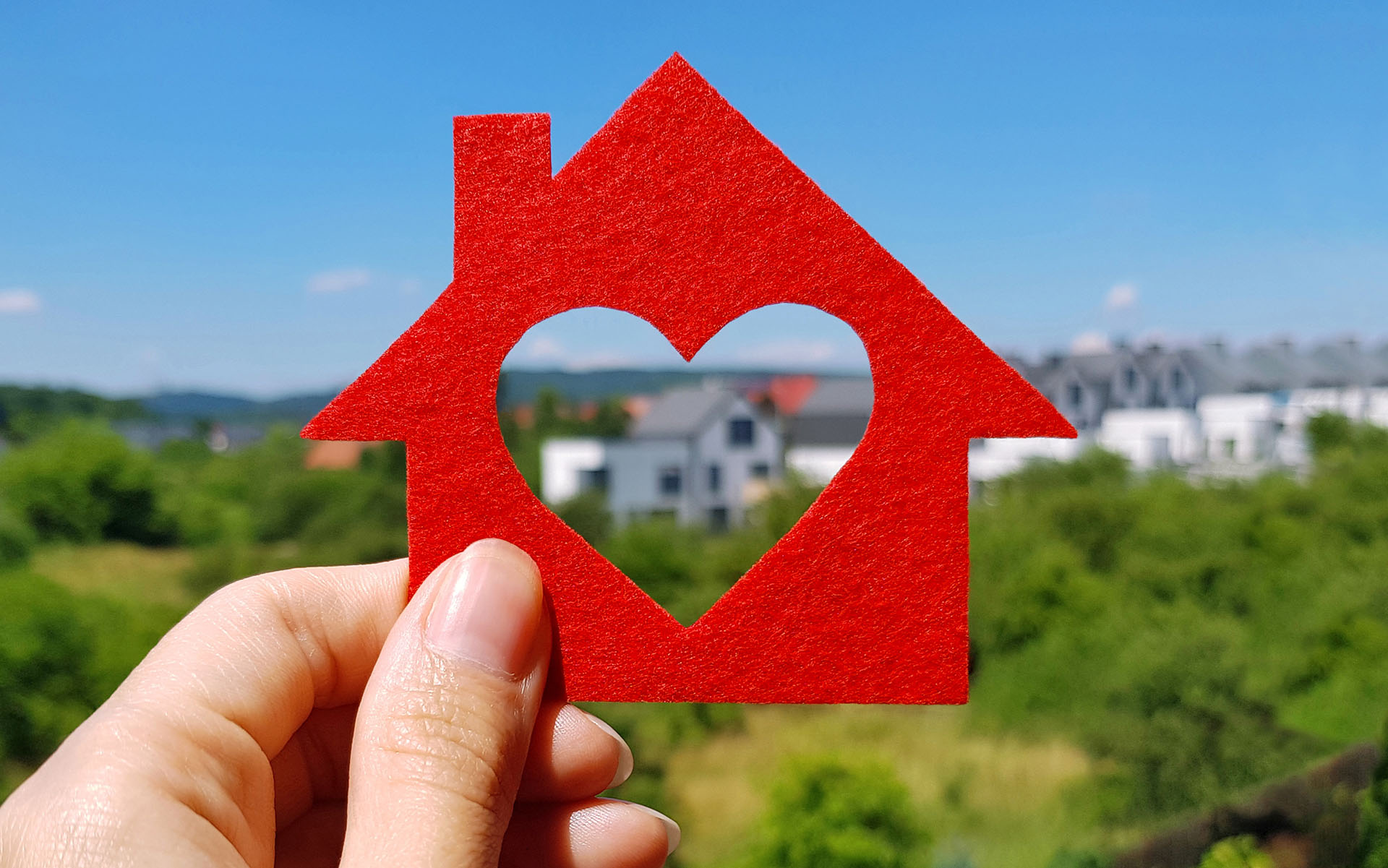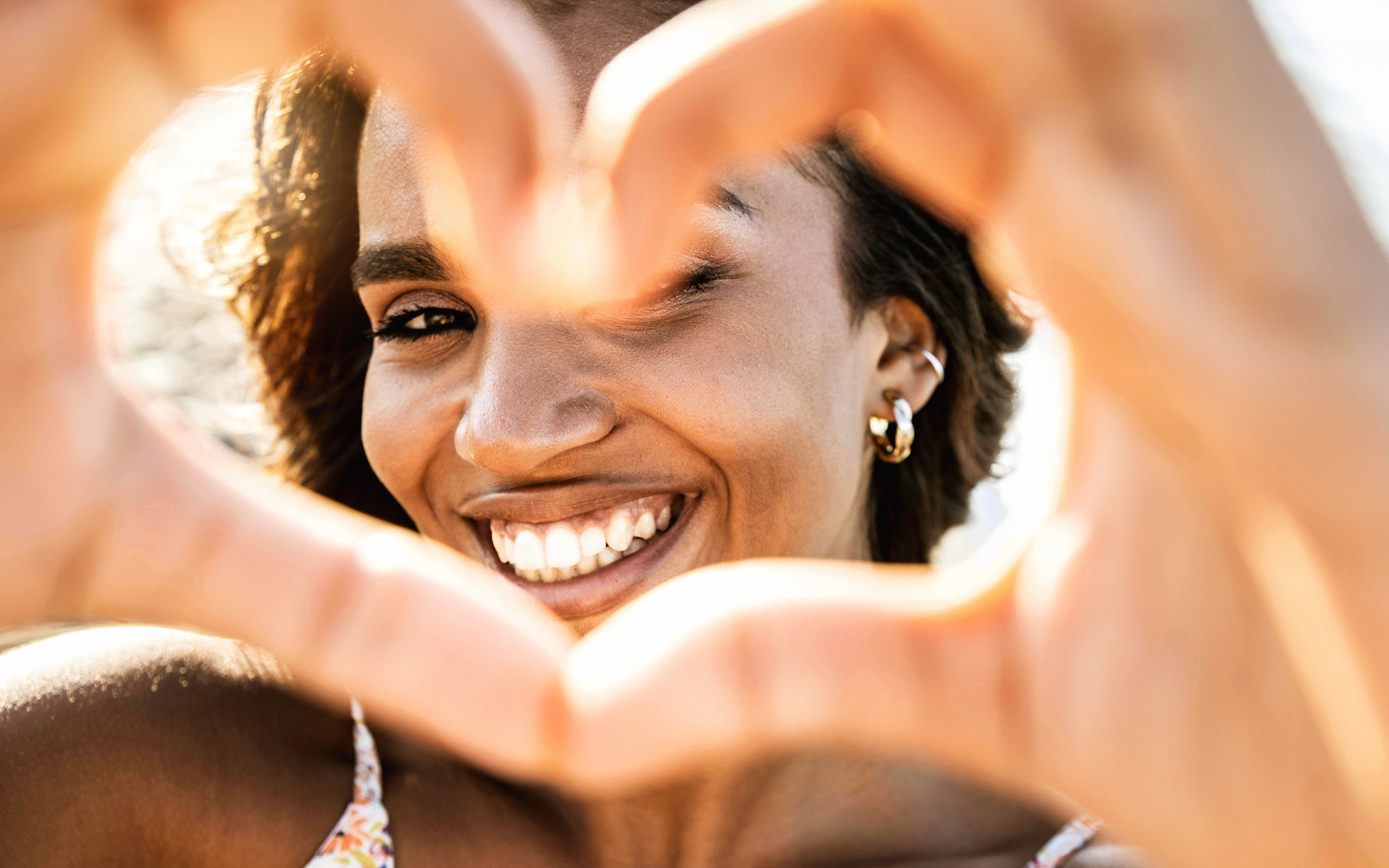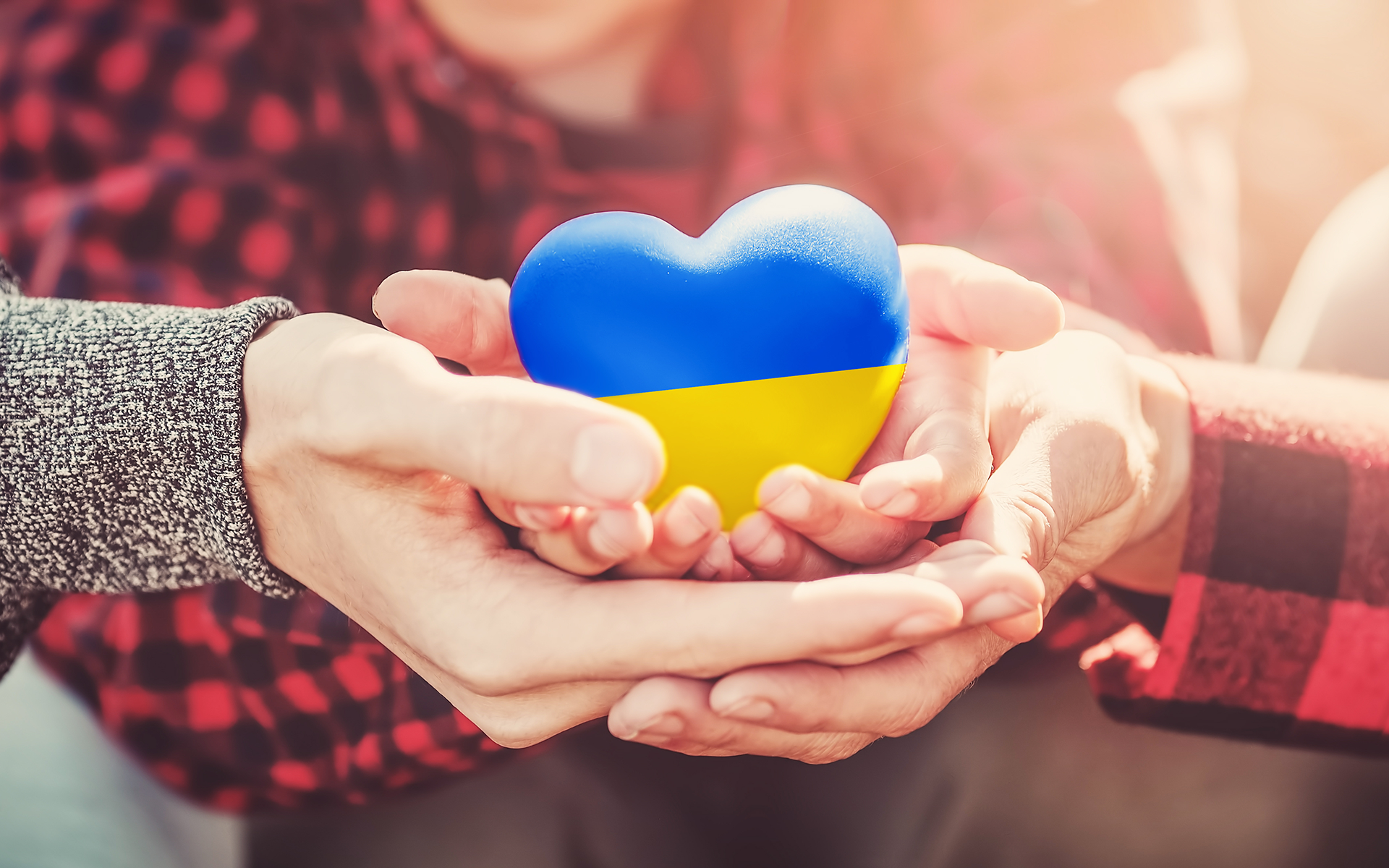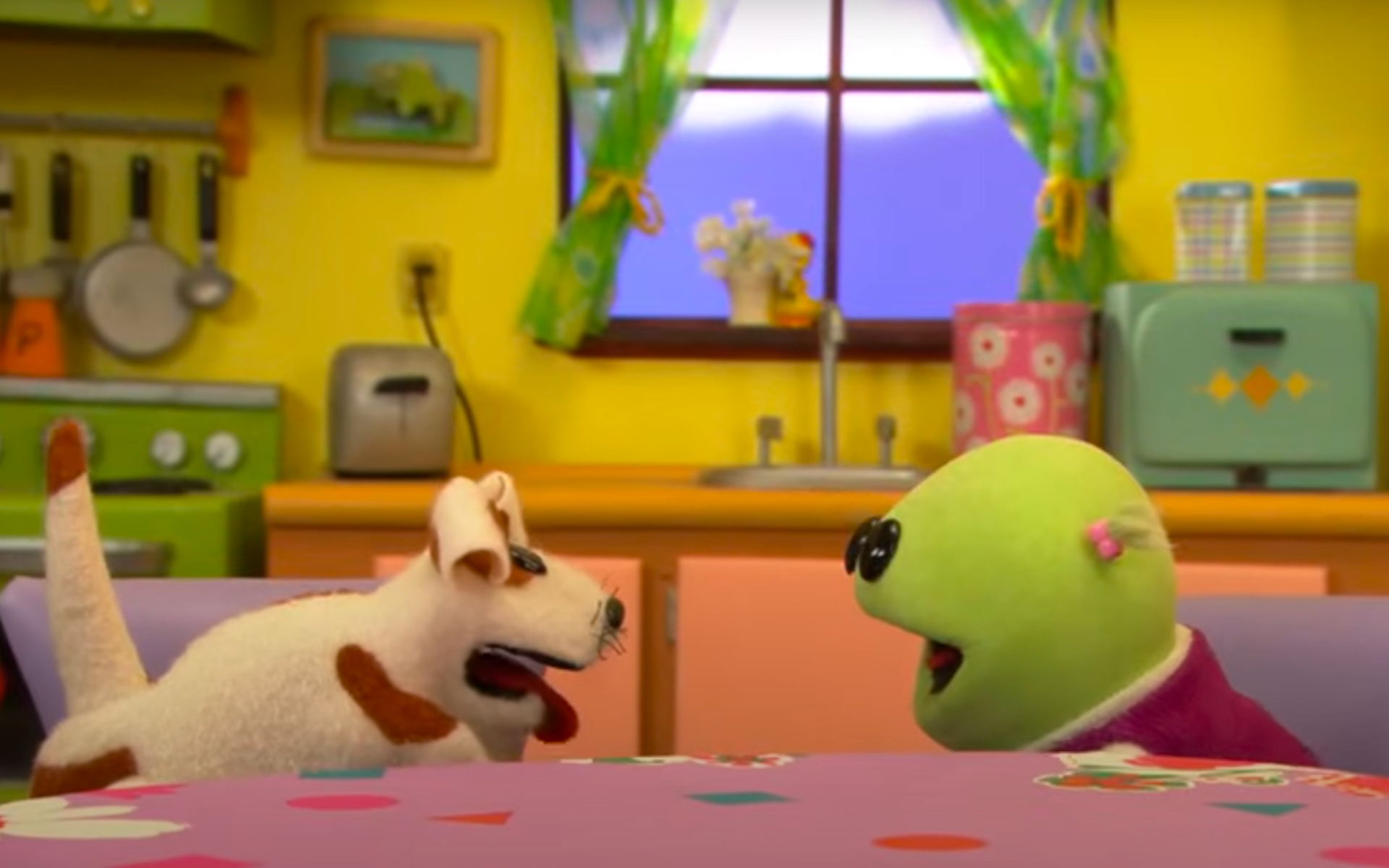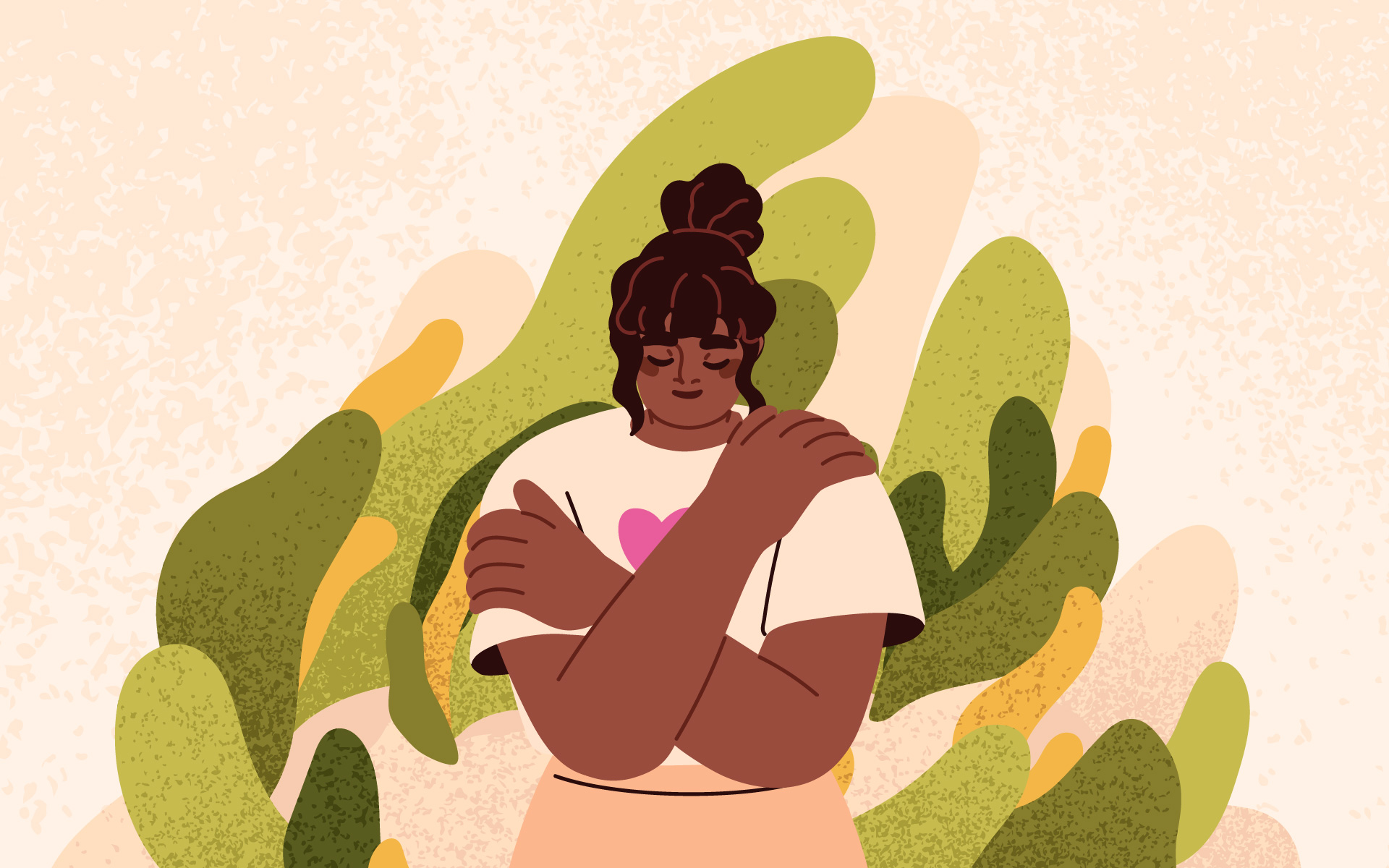We’ve had a tough few years. Amid anxiety around climate change, mass shootings, and political upheaval came COVID, which challenged even the toughest of us to find our equilibrium.
I maintain a daily practice of what I call “seeing small”—I’m always on the lookout for an unexpected, small moment to uplift me. This practice, of concentrating on the small moments of beauty and joy I encounter each day dampens my anxiety and intensifies my connection with the world around me.
But then Putin declared war on Ukraine.
As the days turned to weeks, I felt more and more upset about this war I could do nothing about, but which was causing so much suffering and beginning to threaten world peace. I began contributing money to various organizations, among them the Red Cross and the Ukraine Humanitarian Fund. But no matter how much I sent, I remained unhappy and anxious. Here I was, a privileged American safely at home, throwing money at a nation fighting for its life. Then, when a British friend’s brother began collecting to buy medical supplies he was planning to drive to the Ukrainian border, I felt a few moments of relief. The personal connection helped my contribution seem more real and appropriate. I was at least supporting somebody who was risking his life to help Ukraine.
My anger at my own helplessness catalyzed my anxiety about the war itself, so that anytime anybody mentioned Ukraine, my heart would begin to pound.
But my relief was short lived. I was still at home, living my ordinary life, while millions of people were fleeing and dying. My anger at my own helplessness catalyzed my anxiety about the war itself, so that anytime anybody mentioned Ukraine, my heart would begin to pound. I stopped reading the news, and requested that nobody mention the war in my presence. I’m not usually one to turn my back on reality, quite the opposite. So even with not reading the news, I was still acutely aware of the war. But my anxiety was no longer triggered multiple times a day.
Sending Loving-Kindness to Others
Then a friend invited me to attend a talk the Dalai Lama was to give on Zoom. I had never heard him speak before, and was thrilled at this opportunity, particularly at a time when life seemed so dark and chaotic. I listened attentively as he reminded his listeners that we are all human beings who seek happiness and suffer pain, repeating several times that our main purpose here on earth is to help others.
But instead of feeling soothed, as I watched, I became more and more upset. The Dalai Lama’s message was an arrow shot directly into my frustration and guilt. I wanted to help but didn’t know how! Then, somebody asked the very question that had been plaguing me: “In a world so torn apart by political upheaval and war, how can we as individuals do any good?”
“You can help by practicing loving-kindness,” the Dalai Lama replied.
There it was: my answer. There was something I could do. I could practice loving-kindness meditation each day, as many times as I felt called to. I knew intimately just how powerful practicing loving-kindness could be. I had recently spent a year meditating with loving-kindness phrases, and had unexpectedly healed deep wounds within myself. After years of feeling anger toward my mother for her constant criticism of me, I was able to shift our relationship away from past antagonisms to mutual acceptance. But in the midst of my cocoon of anxiety and despair over all that was wrong with the world, I needed to be reminded.
That very evening, I sat to meditate, but instead of enlarging the well-wishes from myself to others and then to the world, I concentrated on Ukraine and its people for 20 minutes. And every day after that, I set aside an additional time to concentrate on the well-being of this nation under siege. In a short time, my anxiety began to diminish and I felt more at peace with myself. I was now acting on behalf of Ukraine, giving something of myself each day—my love and compassion—perhaps the best part of myself.
And I wasn’t alone. Certainly others around the world were praying in their personal ways for the end of this war and the safety of a people. As I devoted time for meditating on loving-kindness for Ukraine and its people, I began to feel at the same time part of a worldwide community and more solid within myself, no longer wringing my hands and fretting about a tragic situation, but doing what I was able to lend support.
Let Your Practice Guide You
I didn’t need scientific evidence to convince me of the benefits of practicing loving-kindness, but it’s easy to find. Well conceived experiments prove again and again that meditating on loving-kindness reduces anxiety and increases well-being. One study even showed that loving-kindness meditation practitioners had longer RTL (telomeres) than controls, which leads to more healthful aging.
Perhaps most important, my improved state of mind allowed me once again to become fully present—to myself, my family, and to anybody I happened to encounter as I went about living my life. I particularly noticed an uplift in my interactions with my husband, who told me he was relieved that I seemed less edgy than I had for the past few months. Anxiety and anger turned inward had been blocking the very love and compassion that loving-kindness helps us offer to the world. While I understand that I cannot end or even affect in any direct way the war in Ukraine, I can continue to practice loving-kindness meditation, and I know without a doubt that I will be doing my small part to make this world a better place.
read more
Try This Loving-Kindness Meditation to Check in with Yourself
In order to be giving, we need to be nourished. This practice is about learning to turn our attention toward ourselves when we need it most and to do so with love.
Read More
A 12-Minute Loving-Kindness Practice to Cultivate Curiosity
Our curiosity practice can start with the simplest tools we have at hand—our breath, our body, and our awareness.
Read More
A “Just Like Me” Practice to Expand Your Circle of Compassion
As we process the tragic events in Ukraine and around the world, we can choose to cultivate a sense of what ties all of humanity together: the desire to overcome suffering.
Read More
